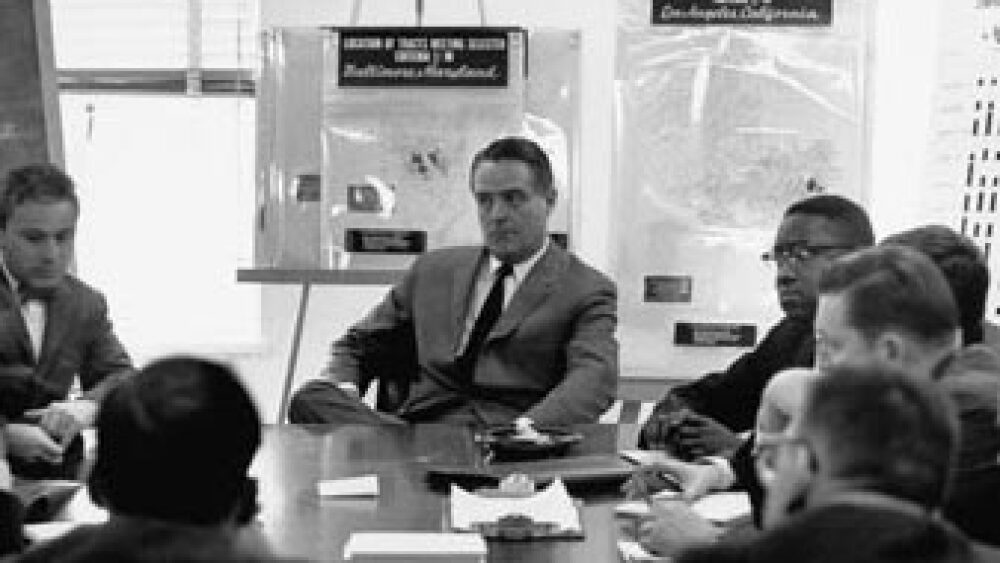Poverty Law
As an attorney, Sargent Shriver understood the role of the law and of lawyers in accomplishing the goal of equal justice and opportunity for low-income communities. They are a key asset in ensuring that not only individuals but whole communities can be participants in a just society.
Sarge’s concept for federally-funded legal services in the War on Poverty involved the full understanding of the role of law and lawyers. Shriver’s guiding principle across all of the anti-poverty programs was that low-income people and communities should not receive handouts, but should have access to the services and opportunities that would provide a fair chance to succeed. The original design of the War on Poverty located most of the services and opportunities in community action agencies. Legal services were originally located within the community action agencies as a tool for community empowerment. They were to be at the service of community leaders, helping to ensure not only that individuals would have a fair chance in court cases, but also that the community itself have a fair chance to influence or even drive public policy decisions affecting it.
Sarge had a vision of recruiting and supporting sufficient numbers of legal services attorneys to provide reasonable access to an attorney for all low-income people in the country. He also thought that these attorneys should be linked together so that, to the extent possible, they would function as a national law firm for the poor (as opposed to isolated attorneys in scattered storefronts in low-income neighborhoods). The glue for this national law firm was the National Clearinghouse for Legal Services, located in Chicago, which published Clearinghouse Review, containing action research for lawyers, and maintained a brief bank with hundreds of thousands of poverty law documents that the attorneys could tap for ideas and models, mutual learning and strategizing.
Sarge’s vision for legal services was not just an astute understanding of how to provide access to justice and help communities build power. It was an audacious challenge to the prevailing power arrangements. It was a powerful and productive model and it produced significant changes, in addition to providing an increasing volume of justice in the courts.
Almost immediately, the legal services program was under attack politically. Every step of the way, Sargent Shriver fought for his original vision and for sustained funding, and much of it survives, in spite of restrictions by successive federal administrations in the 1980s and 1990s. In 2001, Shriver gave his name and personal authority to a new project, the Sargent Shriver National Center on Poverty Law, located in Chicago. It is dedicated to the practice and perpetuation of Sarge’s values-driven methods for bringing the law to bear on community-generated issues involving equal opportunity and social justice. It continues the publication of Clearinghouse Review, supports and enables the work of other advocates, and engages directly in policy and systemic advocacy on behalf of low-income people and communities across the country. Please visit http://www.povertylaw.org/ to learn more.


